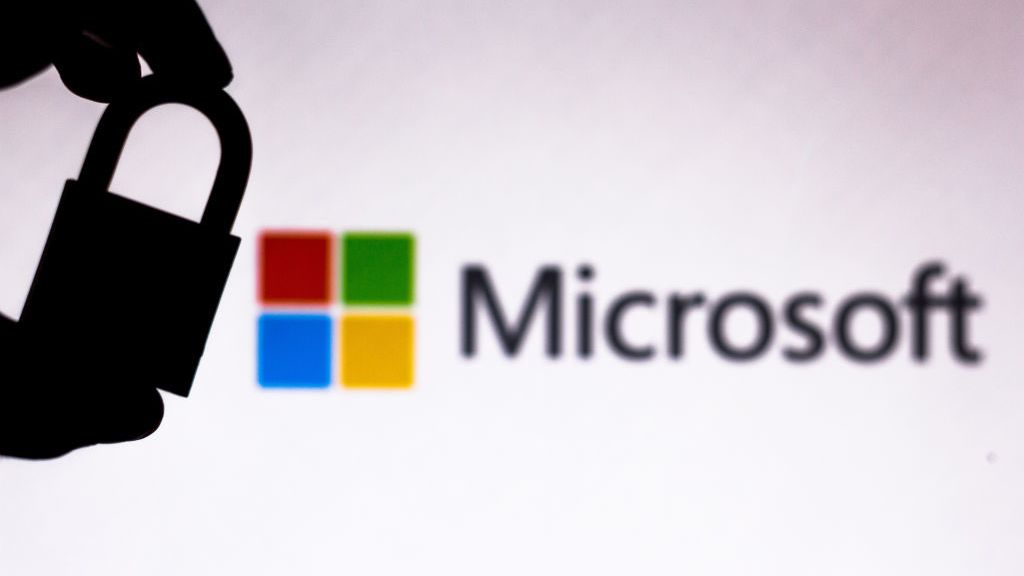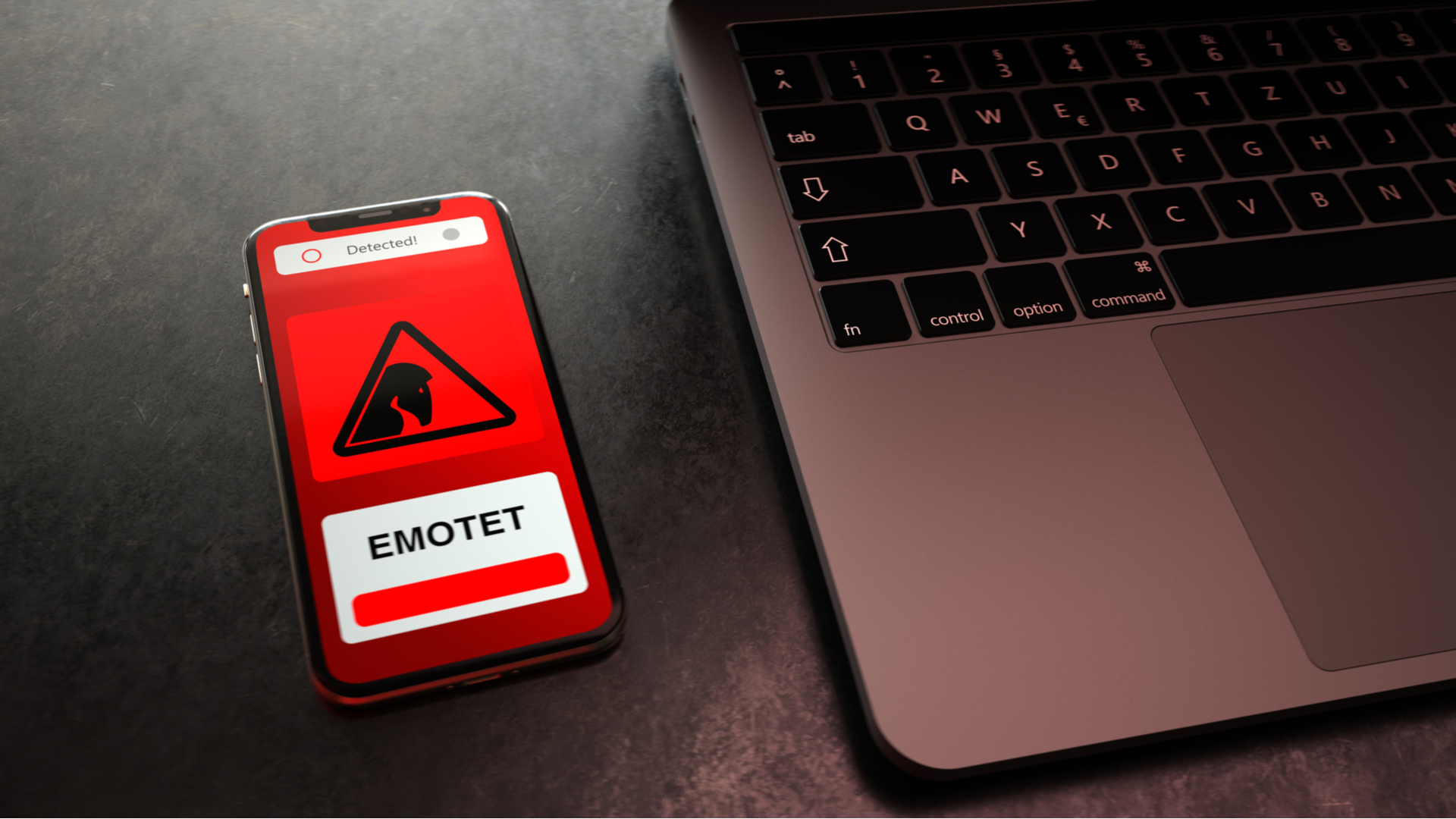Zeus 2 hits 100,000 UK computers
Zeus has returned in a different guise, hitting around 100,000 UK computers in a targeted botnet attack.


A Zeus version 2 botnet has been uncovered for the first time and is controlling over 100,000 computers, a security company has warned.
Of these systems, 98 per cent are located in the UK and the botnet has been acquiring a wide range of information, claimed security firm Trusteer.
The stolen data includes online banking login details, credit and debit card numbers, as well as access information for email accounts and social networks.
Mickey Boodaei, Trusteer's chief executive (CEO), told IT PRO this is not the first time such "regional malware" has been aimed at the UK.
"There are criminal groups who are very focused on the UK market," Boodaei warned.
In terms of how Zeus 2 differs from its infamous predecessor, Boodaei explained the new malware is superior at avoiding anti-virus protection as each Zeus 2 version differs from the next, even if downloaded from the same location.
Around nine in 10 Zeus 2 attacks get through anti-virus software, which is "quite significant," Boodaei said.
Get the ITPro daily newsletter
Sign up today and you will receive a free copy of our Future Focus 2025 report - the leading guidance on AI, cybersecurity and other IT challenges as per 700+ senior executives
"We have seen a very significant shift of criminals from the older versions of Zeus to Zeus version 2," the chief executive added.
Trusteer uncovered how much the Zeus 2 botnet had achieved after managing to gain access to the fraudsters' drop servers and command and control centre.
The security company also managed to view the interface used by the attackers to control the botnet.
This led to further discoveries, notably of a search function that allowed the hackers to easily extract information stored on their database.
The fraudsters could search for details from a specific organisation by simply typing part of the company's URL into the search box and then pick out the login details they were after.
Following the Zeus 2 discovery, Trusteer has been in contact with the relevant authorities in the UK.
"It's at an early stage. We've contacted the police and we are in the process of transferring them all of the information we captured. I believe it is going to take them some time to process this information and do something with it," Boodaei said.
The Zeus Trojan is one of the most prevalent forms of malware and a version was recently discovered in the Mumba botnet, which had infected 55,000 computers and stolen over 60GB of personal data.
Tom Brewster is currently an associate editor at Forbes and an award-winning journalist who covers cyber security, surveillance, and privacy. Starting his career at ITPro as a staff writer and working up to a senior staff writer role, Tom has been covering the tech industry for more than ten years and is considered one of the leading journalists in his specialism.
He is a proud alum of the University of Sheffield where he secured an undergraduate degree in English Literature before undertaking a certification from General Assembly in web development.
-
 Cleo attack victim list grows as Hertz confirms customer data stolen
Cleo attack victim list grows as Hertz confirms customer data stolenNews Hertz has confirmed it suffered a data breach as a result of the Cleo zero-day vulnerability in late 2024, with the car rental giant warning that customer data was stolen.
By Ross Kelly
-
 Lateral moves in tech: Why leaders should support employee mobility
Lateral moves in tech: Why leaders should support employee mobilityIn-depth Encouraging staff to switch roles can have long-term benefits for skills in the tech sector
By Keri Allan
-
 Seized database helps Europol snare botnet customers in ‘Operation Endgame’ follow-up sting
Seized database helps Europol snare botnet customers in ‘Operation Endgame’ follow-up stingNews Europol has detained several people believed to be involved in a botnet operation as part of a follow-up to a major takedown last year.
By Emma Woollacott
-
 Horabot campaign targeted businesses for more than two years before finally being discovered
Horabot campaign targeted businesses for more than two years before finally being discoveredNews The newly-discovered Horabot botnet has attacked companies in the accounting, investment, and construction sectors in particular
By Ross Kelly
-
 Brand-new Emotet campaign socially engineers its way from detection
Brand-new Emotet campaign socially engineers its way from detectionNews This latest resurgence follows a three-month hiatus and tricks users into re-enabling dangerous VBA macros
By Ross Kelly
-
 Microsoft says “it’s just too difficult” to effectively disrupt ransomware
Microsoft says “it’s just too difficult” to effectively disrupt ransomwareNews The company details its new approach to combatting cyber crime as the underground industry drains $6 trillion from the global economy
By Connor Jones
-
 Beating the bad bots: Six ways to identify and block spam traffic
Beating the bad bots: Six ways to identify and block spam trafficIn-depth Not all traffic is good. Learn how to prevent bad bots from overrunning your website
By Sead Fadilpašić
-
 Ukraine's vigilante IT army now has a DDoS bot to automate attacks against Russia
Ukraine's vigilante IT army now has a DDoS bot to automate attacks against RussiaNews The 270,000-strong IT Army of Ukraine will now combine supporters' cloud infrastructure to strengthen the daily attacks against their invaders
By Connor Jones
-
 Microsoft's secure VBA macro rules already being bypassed by hackers
Microsoft's secure VBA macro rules already being bypassed by hackersNews Recent analysis of Emotet activity has revealed a shift away from malicious Office documents to drop malware
By Connor Jones
-
 Emotet infrastructure has almost doubled since resurgence was confirmed
Emotet infrastructure has almost doubled since resurgence was confirmedNews Researchers confirm the infrastructure has also been upgraded for a "better secured", more resilient operation
By Connor Jones